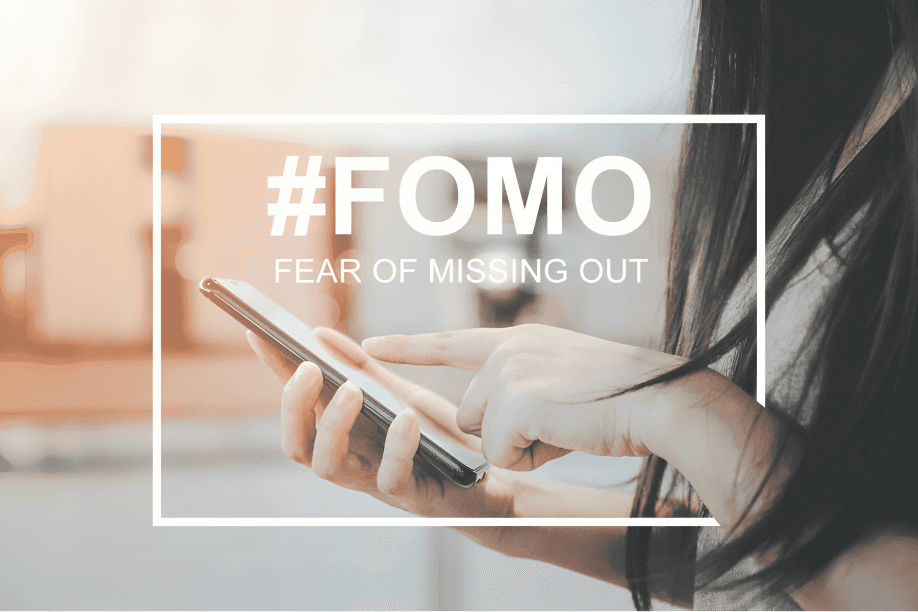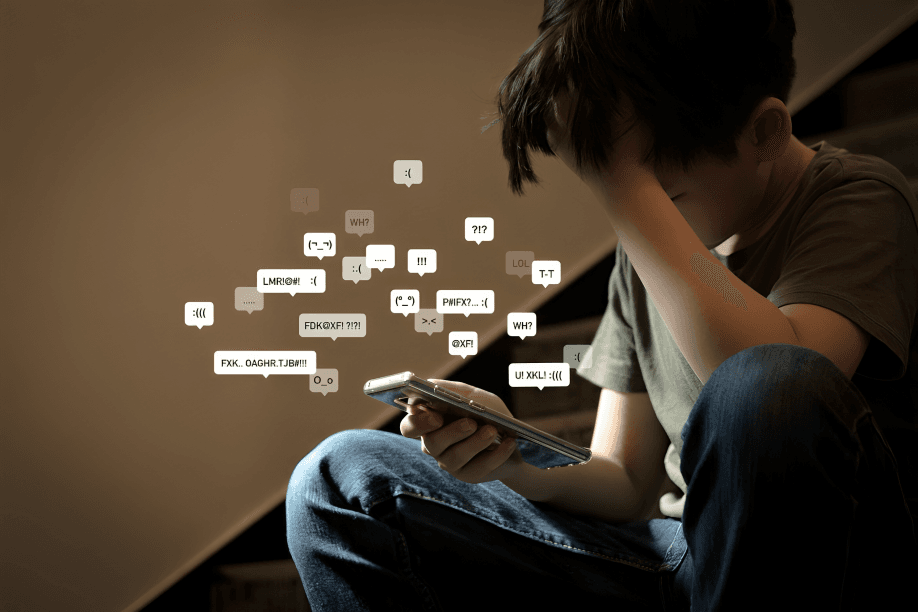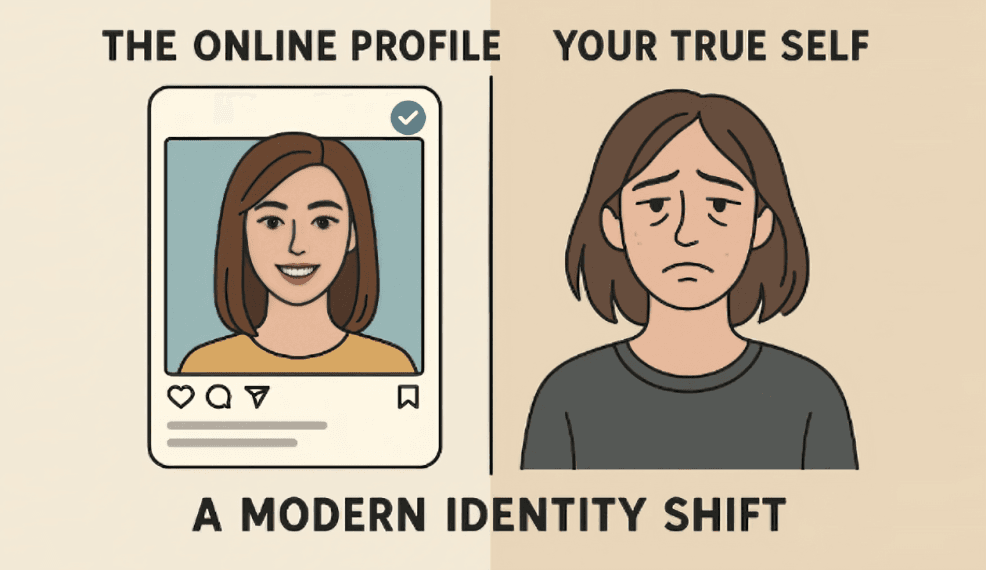
“
In today’s digital world, the dangers of comparing yourself online are more real than ever. Social media often paints an unrealistic picture of life, causing many to feel inadequate or anxious about their own progress. It’s important to recognize how this subtle habit can affect our well-being and learn how to disconnect from its grip.1
1
”
Philosopher Alfred Adler believed that inferiority is a human trait. Today, online comparisons intensify this insecurity, making people question their worth and success based on polished posts from others’ lives. 1
People often see only the best moments on others’ social feeds, forgetting these are highlights. This causes dissatisfaction, as their everyday reality rarely matches such glamorous digital snapshots. 2
Ideal body images on social media distort real beauty standards. Teens especially suffer from body shame, leading to eating disorders and feelings of unworthiness that harm long-term mental health. 3

Seeing others at parties, traveling, or achieving goals online creates the illusion of exclusion. This “Fear of Missing Out” (FOMO) brings anxiety and sadness from feeling left behind.
Constantly comparing oneself to influencers’ success stories can cause chronic stress. Users may feel they’re failing in life if they don’t keep pace with unrealistic social media portrayals. 4
A huge gap between one's reality and what’s shown online can cause life dissatisfaction. People begin feeling unsuccessful, even if their life is fulfilling in non-digital, meaningful ways. 5
Teens are especially prone to harmful comparisons. Social media makes them more insecure about their appearance, lifestyle, or popularity, which increases depression, self-harm risk, and long-term anxiety issues. 6
Relying on likes or attention leads to compulsive scrolling and posting. This often disrupts focus, ruins productivity, and weakens real-life relationships due to excessive online engagement and neglect. 7

Comparing lives online can escalate into cyberbullying or cruel judgments. These actions hurt both parties—those bullied suffer trauma, while those comparing develop jealousy and distorted moral perceptions.
Watching others succeed without knowing their struggles makes personal progress seem too slow. This demotivates people, making them feel their wins aren’t significant enough in comparison. 8
Filters and edits create unattainable beauty ideals. Comparing to altered photos causes self-doubt, and some users may pursue extreme beauty fixes or unnecessary surgeries to meet these illusions. 9
Trying to maintain a flawless digital image causes stress. People feel pressured to appear happy, successful, and beautiful all the time, making them hide real struggles and their true identity. 10
Watching others’ success may trigger self-doubt, even when someone is doing well. The constant stream of other people’s achievements makes one’s own journey feel less impressive and unworthy. 11
Online smiles don’t always reflect real emotions. Users often hide pain behind curated posts. Comparing these illusions causes others to believe their genuine feelings are abnormal or weak. 12

Online comparisons often blur personal identity. Users adopt traits, looks, or hobbies just to feel relevant, leading to inner confusion and disconnection from who they truly are inside.
Online profiles rarely show hard work or setbacks. People compare their real life to an illusion of effortless success, which builds false beliefs about success and discourages persistence. 13
Seeing others succeed easily can shake confidence. Many people stop trying because they feel they’ll never match what they see online, forgetting that growth is unique and personal. 14
Watching influencers buy luxury items or take trips can spark unnecessary spending. People stretch their finances to match others’ lifestyles, risking debt or stress just to “look successful” online. 15
Digital trends shift constantly. People stuck comparing themselves end up chasing fleeting goals, never feeling good enough, and always trying to “catch up” with the next viral image. 16
Psychologist Leon Festinger’s theory says we define ourselves by comparing with others. Social media multiplies this behavior, making people constantly judge self-worth through unrealistic, filtered lives they don’t fully understand. 17


